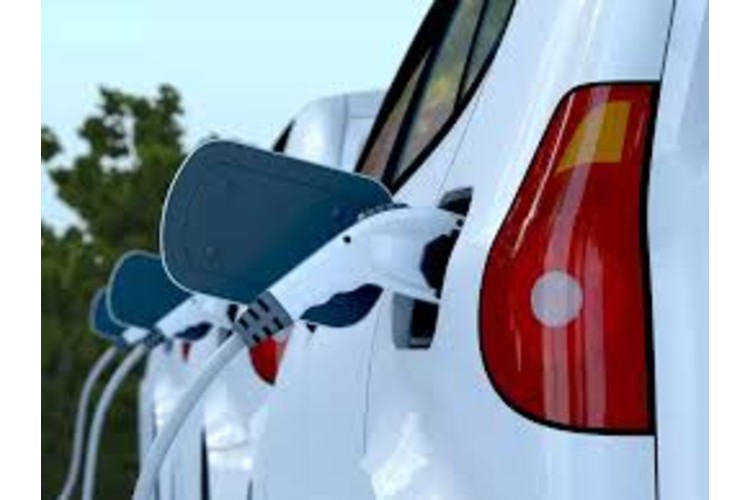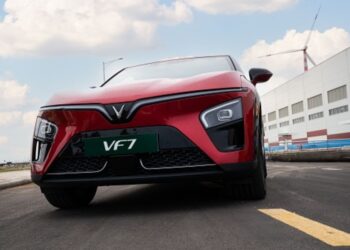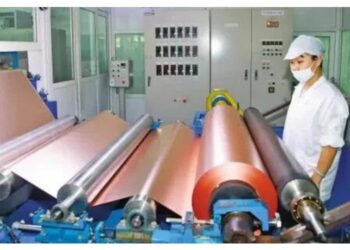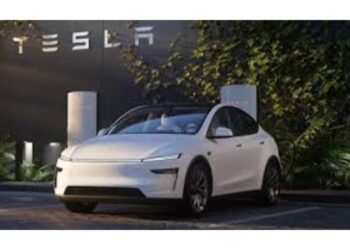The Government of Maharashtra has announced the Electric Vehicle Policy 2025, extending its earlier 2021 policy, to be implemented from April 1, 2025 to March 31, 2030. The policy objectives include accelerating electric vehicle (EV) penetration across all vehicle segments, promoting circular economy through battery recycling, transitioning public transport to electric modes, and reducing vehicular emissions. The policy targets include 30 per cent EV penetration across all new vehicles, 40 per cent for e-buses in top six urban areas, and 50 per cent fleet electrification for aggregators and city utility vehicles. The policy also mandates EV charging facilities every 25 km on highways and at least one charging point in every government office parking complex. It aims to cut approximately 325 tonnes of vehicular particulate matter 2.5 emissions and 1 million tonnes of greenhouse gas emissions from the transport sector by 2030.
The policy outlines demand-side incentives such as subsidies ranging from Rs 10,000 to Rs 2 million per vehicle across 10 EV categories, including two-wheelers, three-wheelers, four-wheelers, e-buses, tractors, goods carriers, and harvesters. Additionally, all EVs registered in the state during the policy period will receive 100 per cent exemption from motor vehicle tax and registration renewal fees. Furthermore, 100 per cent toll tax exemptions will apply for passenger EVs on select expressways, including Mumbai–Pune, Mumbai–Nagpur and Atal Setu. Charging infrastructure measures include mandatory fast-charging stations at fuel pumps and Maharashtra State Road Transport Corporation stations, viability gap funding support for DC charging stations up to Rs 1 million per unit, and one EV charging point per government office complex. New residential buildings must ensure all parking spaces are EV-ready, while commercial buildings must allocate 50 per cent of parking for EV readiness. Existing commercial buildings will need at least 20 per cent of parking spaces equipped with charging stations.
On the supply side, the policy extends ‘D+’ category mega project benefits to all EV and battery manufacturing units in Maharashtra, including medium, small and micro enterprises, irrespective of their location in the state. It also supports development of battery recycling hubs and designation of drop-off points by urban local bodies. Additionally, the policy will establish three centres of excellence for research and development (R&D) in EVs and hydrogen technologies, and allocate Rs 150 million under the Chief Minister’s EV R&D grant. Research will prioritise sodium-ion batteries, power electronics, bi-directional charging, vehicle-to-grid integration, and green hydrogen from biomass. The state will also roll out skill development programmes through Maharashtra State Board of Technical Education and Mahaswayam portal and develop a digital battery passport and automated testing stations. A multi-departmental steering committee, supported by the Maharashtra state EV cell, will oversee the policy’s execution.













